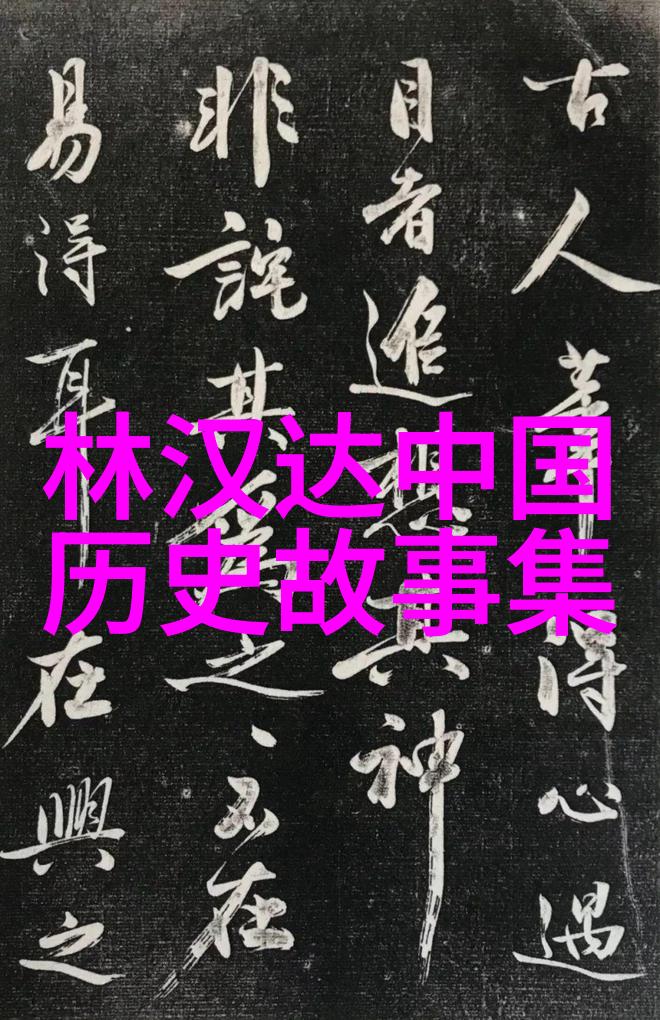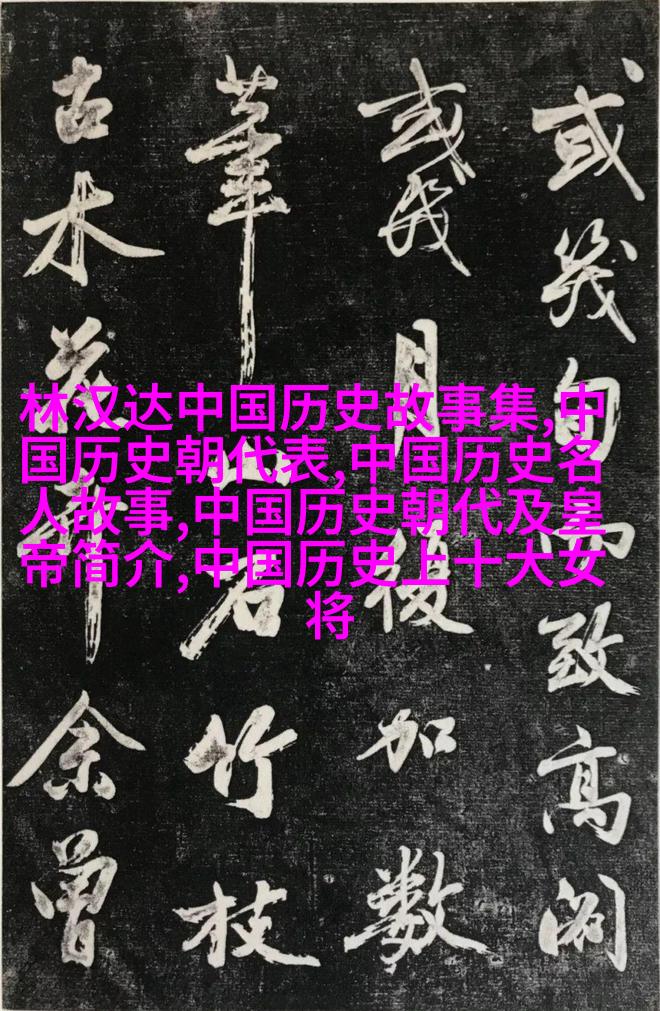中国古代文明的起源与发展

在遥远的古代,黄河流域诞生了中华民族最早的文明。新石器时代的人们在此地建立了集镇和村落,开始了一种较为复杂的社会组织形式。随着时间的推移,这里逐渐形成了多个国家和地区,每一个都有其独特的地理环境、文化习俗和政治制度。
黄帝与夏朝时期

legend has it that the Yellow Emperor, a wise and powerful leader, united various tribes and established the Xia Dynasty (夏朝). This marked the beginning of Chinese history's recorded era. The Xia Dynasty was characterized by its agricultural society, with people cultivating crops like millet and rice.
商周之交迭与法治思想

The Shang Dynasty (商朝) succeeded the Xia Dynasty around 1600 BCE. It was during this period that writing began to be used for record-keeping purposes, particularly in divination rituals practiced by royal astrologers called "jiaguwen" or oracle bones inscriptions.
周王室宗教信仰与儒家思想

The Zhou Dynasty (周朝), which followed the Shang, saw significant advancements in politics and culture. King Wu of Zhou overthrew King Zhou of Shang at the Battle of Mu Ye in 1046 BCE and established his own capital at Luoyi () now modern-day Luoyang.
春秋战国时期:百家争鸣

In the late 8th century BCE, China entered an age known as Spring-Autumn Period (), where numerous small states fought each other for power while maintaining a balance between centralized authority and local autonomy under feudalism system.
春秋战国时期是中国历史上著名的一段时期,它以“百家争鸣”而闻名于世。在这个阶段,各个小型国家为了获得更多资源和权力,不断进行战争。而同时,这一时期也是许多哲学家的兴盛之际,如孔子、老子、墨子等,他们对中国后来的文化产生了深远影响。



